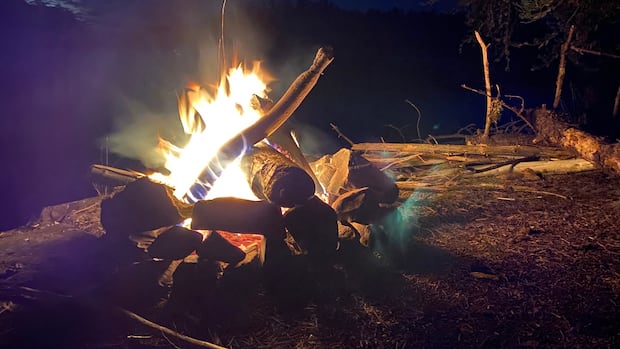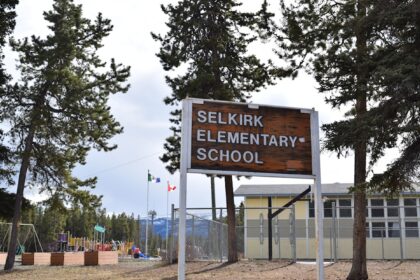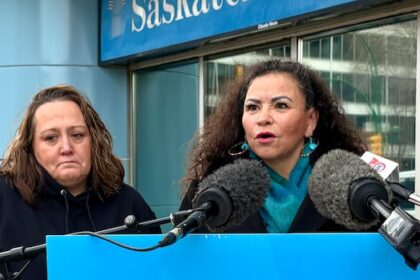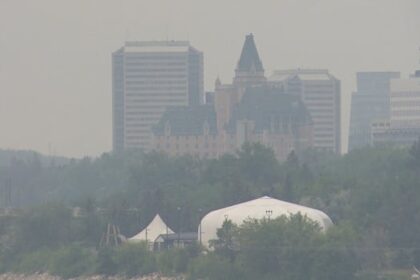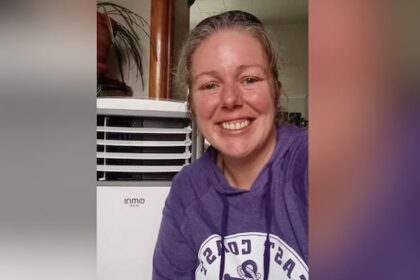British ColumbiaCampfires will be prohibited starting Thursday at noon PT on B.C.’s South Coast as the region continues to swelter under an extended hot spell.Ban to begin at 12 p.m. Thursday and last until the end of October, unless officials rescind it earlierAkshay Kulkarni · CBC News · Posted: Jul 16, 2025 9:36 AM EDT | Last Updated: 1 hour agoCampfires will be banned starting Thursday at noon on B.C.’s South Coast, amid a hot spell. (Martha Dillman/CBC)Campfires will be prohibited starting Thursday at noon PT on B.C.’s South Coast as the region continues to swelter under an extended hot spell.The B.C. Wildfire Service’s (BCWS) Coastal Fire Centre announced the campfire ban on Tuesday, which will apply to the Lower Mainland and Vancouver Island.BCWS maps from Tuesday showed extreme fire danger for the southern tip of Vancouver Island.The ban will not apply to Haida Gwaii and parts of the Central Coast, including Bella Coola.A fire danger rating map shows that much of Vancouver Island had a high or extreme fire danger rating on Tuesday. (B.C. Wildfire Service)It comes due to a period of elevated temperatures on the South Coast, with fire information officer Kimberly Kelly saying the ban was in the interest of public safety.”We have seen hot dry conditions persist, and over the last 48 hours, an outflow weather pattern developed, which is bringing that hot dry air down from the Interior,” she said Tuesday afternoon.”We’ve seen above seasonal temperatures, low relative humidities, and that means that our fine forest fuels are not recovering overnight with less moisture in the air.”WATCH | High temperatures on the South Coast: How are Vancouverites staying cool while enjoying the heat?It’s a hot day with temperatures hitting between 26 C and 32 C in Metro Vancouver, Victoria and the Fraser Valley. The warm weather is expected to last a few days. As CBC’s Johna Baylon reports, officials say it’s important to balance fun in the sun with safety.Campfires — which fall under Category 1 fires, according to the B.C. Wildfire Service — are fires that are no more than half a metre high by half a metre wide, though outdoor stoves will still be allowed under the campfire ban.Anyone breaching the ban could be hit with a $1,150 violation ticket, an administrative penalty of up to $10,000, or fines of up to $100,000 and one year in jail if convicted in court.Larger Category 2 and Category 3 fires — which include larger stubble fires and large burn piles — are already prohibited throughout B.C.Kelly says the ban will be in place until Oct. 31, but it could be rescinded before then if there is a lot of rain or lower temperatures.She says there have been 71 fires so far this year in the Coastal Fire Centre, compared to 50 blazes at this point in 2024.Kimberly Kelly with the wildfire service is urging caution from those recreating in the backcountry this summer. (CBC)All but one of the wildfires this year was caused by human activity, according to the officer.”Human-caused wildfires are completely preventable. So we do again urge the public to please be responsible,” she said. “We would really like to support our crews in reserving them for lightning-caused wildfires, which we cannot prevent, and the public plays a really big role in that.”Evacuation alerts liftedElsewhere in B.C., the Regional District of Okanagan-Similkameen has rescinded multiple evacuation alerts as the threat from a series of wildfires appears to have passed.The August Lake wildfire near Princeton, B.C., is listed as “being held” and the alert for residents that was in place since Saturday has been lifted.Residents of about 30 properties were previously ordered evacuated due to the fire, which is listed by the wildfire services as 14 hectares in size as of Tuesday evening. The nearby Princeton Golf Club said in a post online that news of the alert being lifted is a “big relief for everyone in the area” and it is grateful for the efforts of firefighters and air personnel.The regional district also lifted an evacuation alert for Cathedral Provincial Park due to the Young Creek wildfire, saying the threat to safety has passed. ABOUT THE AUTHORAkshay Kulkarni is an award-winning journalist who has worked at CBC British Columbia since 2021. Based in Vancouver, he is most interested in data-driven stories. You can email him at akshay.kulkarni@cbc.ca.With files from Hailey Carolan and The Canadian Press
Campfires to be banned on B.C.’s South Coast as hot spell continues
